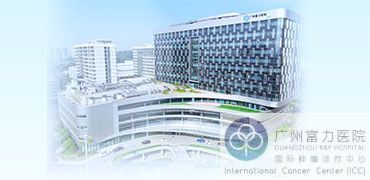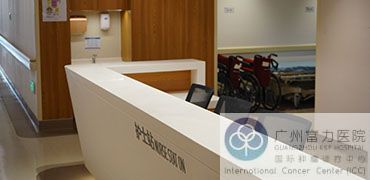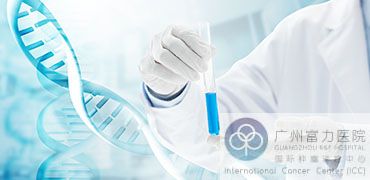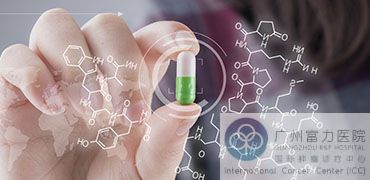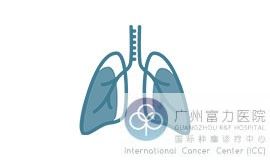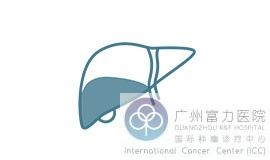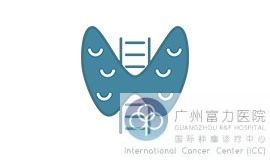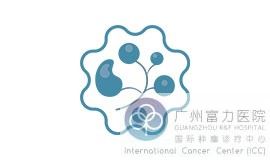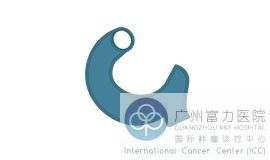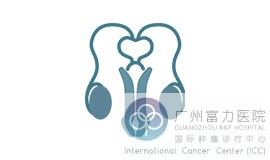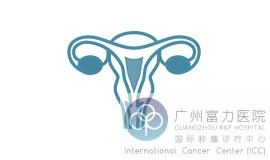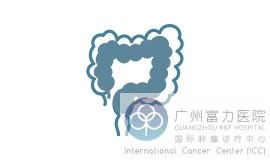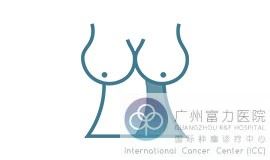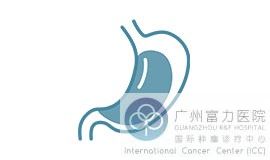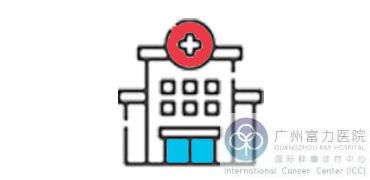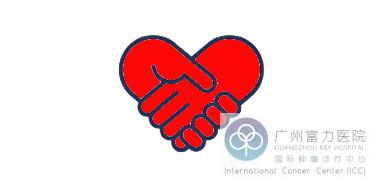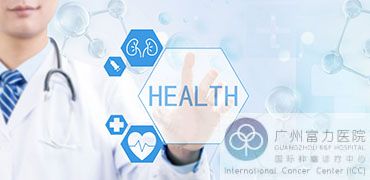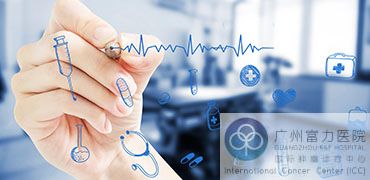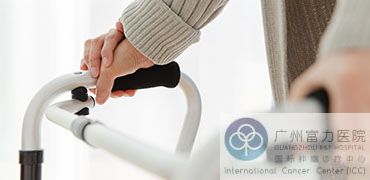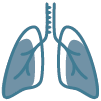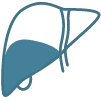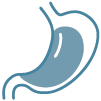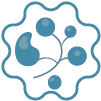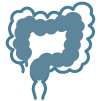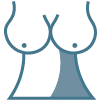Causes of Breast Cancer
Breast cancer: a global health challenge and new hope for treatment
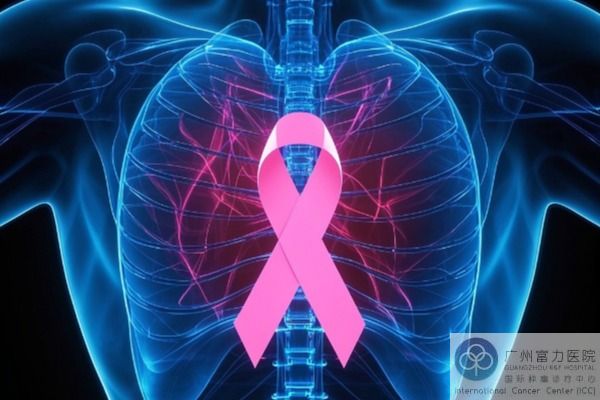
Breast cancer poses a serious threat to women's health worldwide. Data from the World Health Organization's International Agency for Research on Cancer (IARC) show that in 2020, there were 2.26 million new cases of breast cancer worldwide, surpassing lung cancer to become the most common cancer. In the same year, approximately 685,000 people died from breast cancer, and the situation is serious.
Most breast cancers originate from breast tissue. The most common type is "adenocarcinoma", in which cancer cells originate from glandular tissue. There are also rare types such as sarcoma that originate from muscle, fat or connective tissue. From the perspective of histology and pathology, breast cancer is mainly divided into breast carcinoma in situ and invasive carcinoma, and the treatment strategies and prognosis of different types vary significantly.
Whether mid- to late-stage breast cancer can be cured is the focus of patients' concern. Fortunately, medical advances have brought about minimally invasive technology, which has few side effects and less trauma, allowing many patients to avoid mastectomy and the serious side effects of traditional chemotherapy and radiotherapy such as nausea, hair loss, and reduced immunity, significantly improving the quality of life of patients.
Although the pathogenesis of breast cancer is not yet fully understood, studies have identified many potential risk factors. Family heredity has a significant impact. If there is a patient in the family, the risk of cancer for relatives increases greatly. As age increases, the chance of cancer in women increases. Hormone imbalance or excessive exposure to exogenous hormones can also increase the risk. In addition, lifestyle factors such as obesity and poor eating habits are also related to breast cancer. Knowing this can help women take targeted measures for prevention and early screening to reduce the threat of breast cancer.
The etiology of breast cancer is complex and involves the interaction of multiple factors. The following is a systematic analysis of the main causes and related factors of breast cancer:
1. Genetic factors
Gene mutations: BRCA1 and BRCA2 gene mutations significantly increase the risk (50%-85% lifetime risk of cancer). Other genes such as TP53 (Li-Fraumeni syndrome), PTEN (Cowden syndrome), and PALB2 may also be involved.
Family history: If a direct relative (mother, sister) has breast cancer, the risk increases by about 2 times; if the relative develops the disease at a young age or has bilateral breast cancer, the risk is even higher.
2. Hormonal factors
Endogenous estrogen exposure:
Early menarche (<12 years old) and late menopause (>55 years old) prolong the exposure to estrogen.
Nil status or late childbearing (>30 years old) increases the risk, while breastfeeding decreases the risk (risk decreases by 4% for every 12 months of breastfeeding).
Exogenous hormones:
Long-term hormone replacement therapy (HRT, especially combined estrogen and progestin) may increase the risk (the WHI study showed a 24% increase in risk).
Oral contraceptives slightly increase the risk, which gradually recovers after stopping the drug.
3. Demographic factors
Age: Risk increases with age, with approximately 80% of cases occurring in people over 50 years of age.
Gender: 99% female, 1% male, but male is often associated with BRCA2 mutation or excess estrogen.
Race: White women have a higher incidence, but African-American women have a higher mortality rate, which may be related to the aggressiveness of the tumor.
4. Lifestyle and environmental factors
Obesity and diet: Postmenopausal obesity (fat tissue produces estrogen) increases risk; a high-fat diet may promote hormone-related tumors.
Alcohol: Daily intake of 10g of alcohol increases the risk by 7%-10%.
Lack of exercise: Regular exercise reduces the risk (10%-20%).
Radiation: Radiation therapy to the chest during childhood (such as for Hodgkin's lymphoma) significantly increases the risk.
5. Breast tissue characteristics
High breast density: Dense breast tissue increases the risk 4-6 times and affects the sensitivity of mammography screening.
Benign breast disease: Atypical hyperplasia (ductal or lobular) increases risk 3-5 times.
6. Other factors
Environmental chemicals: Long-term exposure to polycyclic aromatic hydrocarbons (PAHs) or organochlorine compounds may increase the risk, but the evidence is limited.
Psychological stress and sleep: Long-term stress or circadian rhythm disruption may have indirect effects through immunosuppression, but direct evidence is insufficient.
7. Protective factors
Breastfeeding: The risk is reduced after cumulative breastfeeding for more than 12 months.
Healthy lifestyle: maintain a normal weight, limit alcohol, and exercise regularly.
8. Special Populations
Male breast cancer: BRCA2 mutation, Klinefelter syndrome, and cirrhosis (abnormal estrogen metabolism) are major risk factors.
Precautions
Multifactorial interactions: For example, smoking in BRCA mutation carriers may further increase the risk.
Importance of screening: Most patients have no obvious risk factors, and regular screening (mammography, ultrasound, MRI) is essential, especially for high-risk groups.
Research progress
Reassessment of HRT risks: Recent studies emphasize that short-term (<5 years) use of HRT has low risks, but requires individualized assessment.
Metabolism and immunity: Metabolic syndrome components such as insulin resistance and chronic inflammation may promote the tumor microenvironment.
Prevention of breast cancer requires comprehensive genetic counseling, lifestyle adjustments, and early screening. Future research will focus more on gene-environment interactions and precise prevention strategies.
Use precise technology to create more possibilities for life.
The Cancer Center of Guangzhou R&F Hospital has opened an era of "chemotherapy-free survival" for cancer patients, winning a lasting victory for life. If you or your family are facing difficulties in cancer treatment, please contact the Guangzhou R&F Hospital Cancer Center. We offer multilingual medical history consultations, contact us today to get an assessment of your treatment eligibility.
Contact Us:
email: rfcancercenter@gmail.com |
WhatsApp: +86 18565157271




